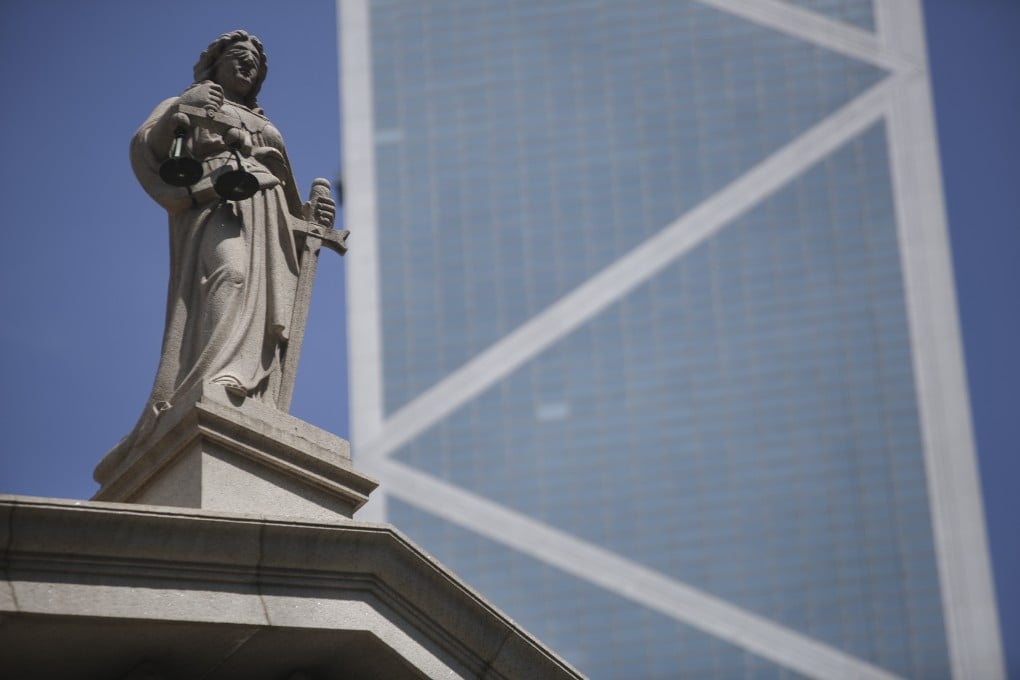Advertisement
Opinion | Beijing knows judicial independence is the last protection for Hong Kong’s future
- Pro-Beijing critics of foreign judges on Hong Kong’s top court are misguided
- Beijing is keen on preserving Hong Kong’s status as a financial hub and getting rid of the foreign judges would be detrimental to the city’s interests
Reading Time:3 minutes
Why you can trust SCMP
3

Beijing has announced a plan to overhaul Hong Kong’s electoral system, which goes against Articles 45 and 68 of the Basic Law. These articles state that the methods for selecting the chief executive and for forming the Legislative Council “shall be specified in the light of the actual situation in the Hong Kong Special Administrative Region and in accordance with the principle of gradual and orderly progress”. In both cases, “the ultimate aim is … universal suffrage”.
However, Beijing’s reforms will take Hong Kong’s electoral system further away from universal suffrage.
The promises of “one country, two systems”, “high degree of autonomy” and “Hong Kong people ruling Hong Kong” are in pieces. Yet Beijing is reluctant to outright declare “one country, one system” in Hong Kong; it is determined to preserve Hong Kong’s status as an international financial centre.
Advertisement
Top officials say they will only tighten control over matters related to national security, but will continue to adopt common law and maintain judicial independence in all other aspects. Believe that if you will.
As usual, Beijing’s latest move has been condemned internationally. More sanctions have been announced, and more can be expected. However, one should be mindful not to give up on Hong Kong’s judicial system. This is for the best of Hongkongers and foreigners who live and work here, as well as all the multinational companies.
Recently, Lord Reed, president of the Supreme Court of the United Kingdom and one of 10 British non-permanent judges on the Hong Kong Court of Final Appeal, said he has been monitoring the latest developments and is in close contact with the foreign secretary to review the participation of British judges in Hong Kong’s top court.
Advertisement
Advertisement
Select Voice
Select Speed
1.00x

